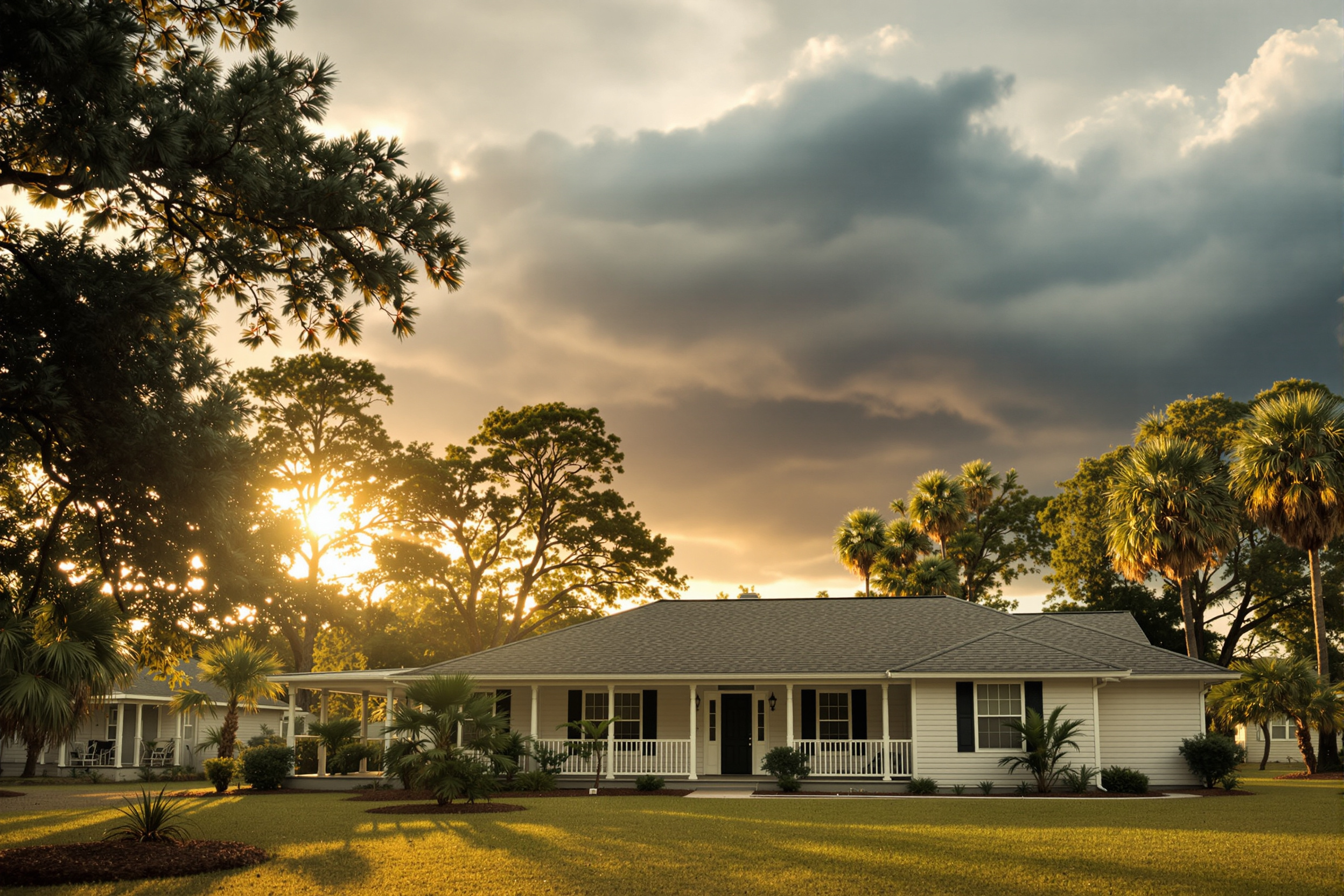No rental property owner wants to get a phone call that their investment is engulfed in flames and burning to the ground. But fires can and do happen.
Most fires are accidental, but does that make them all your responsibility as a landlord? What do you do if a tenant accidentally caused the fire? Will your insurance cover fire damages in these cases? Read on to find out.
Landlord Insurance Coverage for Accidental Fires
There are nearly 350,000 home structure fires annually, according to the National Fire Protection Association (NFPA). Home fires result in $7.3 billion in direct property damage and kill over 2,600 people yearly.
The reality is accidental fires are more common than you may realize. Therefore, understanding the kind of protection your rental property has can help ensure you’re fully covered if something goes wrong.
Landlord insurance typically covers accidental damage to the structure of the building caused by tenants and other third parties, and can include fire damage. Most policies are intended to cover the cost of repairs or rebuilding should a fire destroy part or all of your rental property.
Coverage will depend on several factors, such as:
- Whether the cause of the fire was accidental
- If the building complies with local regulations
- Whether necessary precautions were taken, such as installing smoke alarms or fire extinguishers
While landlord insurance can offer protection against fire damage caused by tenants, some policies may exclude any moveable items within the property, such as appliances or furniture.

Who Covers the Cost of Fire Damage: Landlord or Tenant?
In the unfortunate event that an accidental fire occurs in a rental property due to the tenant’s negligence, it can create a confusing situation for both you and your tenant. Typically, landlords are responsible for repairs and damage caused by an accidental fire, regardless of who caused it.
When it comes to the cost of repairing damage, the most significant factor is whether or not you have adequate landlord insurance coverage.
Landlord insurance will generally cover damage caused by an accidental fire and any subsequent liability. It may also cover medical expenses and other costs arising from tenant negligence or liability claims from third parties, such as neighboring homeowners.
Another essential factor to consider is whether or not you had appropriate safety measures in place. Suppose you failed to take reasonable steps to protect your rental property. Perhaps you didn’t break smoke detectors or failed to address faulty wiring. In that case, you could be found liable for any damages.
Insurance coverage varies and you'll need to read your policy closely to determine what is and isn’t covered.
You should also encourage tenants to purchase renters insurance. While it won't cover any structural damage to the property caused by an accidental fire, it can offer protection for a tenant's possessions and additional liability coverage.
If neither you nor your tenant has adequate insurance coverage, both parties may have to pay for the damages out of pocket. Considering those costs can be in the tens of thousands or more following a major home fire, it’s worth it to ensure your rental property is always adequately insured and inspected regularly to mitigate safety issues.
Impact of Fire Damage to a Rental Property
Fires can have a devastating impact on rental properties, especially for landlords.
Not only can fires cause physical destruction to your property, but they can also result in costly repairs and renovations to restore the property to its previous condition. The damage from a fire can also mean significant rental income losses if tenants break their lease and leave the premises due to fire or smoke.
To mitigate this risk, landlords should consider obtaining loss of rental income insurance, which can provide coverage for lost revenue during the period of restoration after an accidental fire. This type of insurance ensures that property owners maintain financial stability while addressing the aftermath of such incidents.
Legal action is also often taken against a landlord when the tenant’s personal property is destroyed in an accidental fire caused by that tenant. This action could be in the form of a lawsuit if you are found to be at fault and are liable for not having adequate insurance or proper safety protocols when the fire occurred.
Finally, while it may not be immediate, there is potential for long-term damage, such as a decreased home value due to residual smoke damage. These are issues to consider if a landlord tries to sell or rent their property after a fire.
Wrapping Up
Accidental fires caused by tenants can have serious consequences for all those involved. In addition to implementing safety protocols, you should regularly review your insurance coverage to reduce their exposure to considerable financial losses due to a tenant's careless actions.
Landlord insurance policies can help cover many costs associated with repairing damages from an accidental fire. By understanding what your insurance covers, what special considerations or exclusions may apply, and taking steps to mitigate risks, you can protect yourself and your property from potential disaster.
You can get a personalized quote for landlord insurance with fire coverage from Obie in just minutes. With comprehensive policies tailored to your needs and budget, plus coverage available in all 50 states, Obie helps you find the right plan for your property, right when you need it. Get your insurance quote now to get started.







